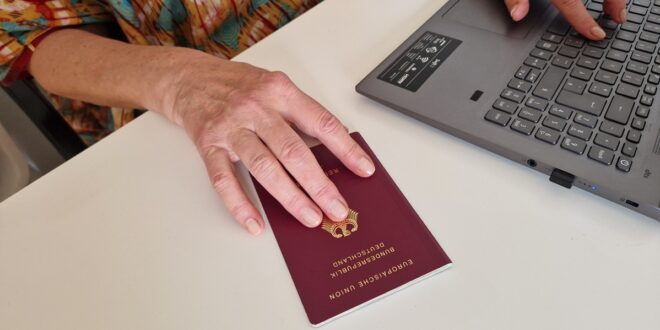Just weeks after taking office, Germany’s new conservative-led coalition has begun rolling back progressive migration policies introduced under the previous SPD-led government. On Wednesday, the cabinet approved a bill that will suspend the right to family reunification for refugees with subsidiary protection status for the next two years
This policy change will primarily affect Syrian refugees, who make up a large share of beneficiaries of subsidiary protection, a status granted to those not eligible for full asylum but who nonetheless face serious danger in their home countries. The suspension means tens of thousands of Syrians will be unable to bring spouses or children to join them in Germany, deepening family separation and emotional strain, activists say.
The government also approved a draft law that will abolish the “express naturalisation” pathway, which currently allows well-integrated migrants, who have quickly attained fluency in German and contributed to their community through volunteer work, to apply for citizenship after just three years of residence. The standard naturalisation period in Germany is eight years, or six under certain conditions. Earlier naturalisation is also possible for family members of naturalised citizens or for spouses of Germans.
Interior Minister Alexander Dobrindt, who assumed office three weeks ago, defended the new direction by arguing that the reforms would eliminate so-called “pull factors” that make Germany attractive to irregular migrants. He reaffirmed the coalition’s intention to reduce refugee arrivals and increase deportations.
The hardline stance has drawn criticism from human rights groups, who warn that such measures will harm vulnerable populations and undermine social cohesion. However, parts of the public have expressed support, particularly in light of recent high-profile terror attacks involving refugees in cities like Mannheim, Solingen, and Aschaffenburg. These events played a major role in shaping public debate during the recent federal election campaign.
Felix Dappah
 THE AFRICAN COURIER. Reporting Africa and its Diaspora! The African Courier is an international magazine published in Germany to report on Africa and the Diaspora African experience. The first issue of the bimonthly magazine appeared on the newsstands on 15 February 1998. The African Courier is a communication forum for European-African political, economic and cultural exchanges, and a voice for Africa in Europe.
THE AFRICAN COURIER. Reporting Africa and its Diaspora! The African Courier is an international magazine published in Germany to report on Africa and the Diaspora African experience. The first issue of the bimonthly magazine appeared on the newsstands on 15 February 1998. The African Courier is a communication forum for European-African political, economic and cultural exchanges, and a voice for Africa in Europe.



































